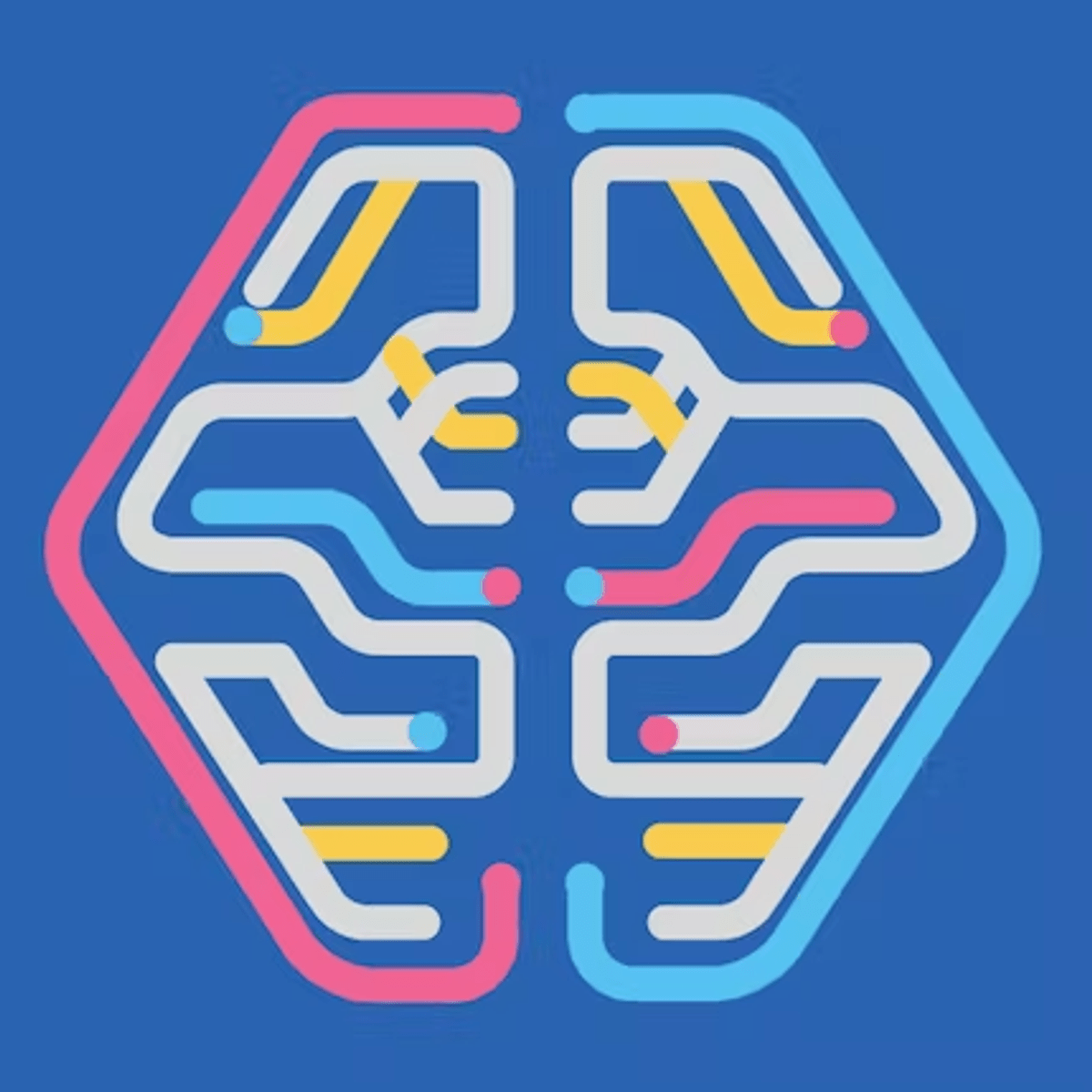
Este curso aborda o design e a criação de um pipeline de dados de entrada com o TensorFlow 2.x, além de vários aspectos relacionados aos modelos de ML, por exemplo: como desenvolver esses modelos com o TensorFlow 2.x e o Keras, como melhorar a precisão deles; como criá-los para uso em escala e como desenvolver modelos de ML especializados.
What's inside
Syllabus
Introdução ao curso
Este módulo apresenta uma visão geral do curso e dos objetivos a serem alcançados.
Introdução ao ecossistema do TensorFlow
Este módulo apresenta o framework do TensorFlow e dá uma prévia dos principais componentes da plataforma, bem como a hierarquia geral da API.
Read more
Syllabus
Good to know
Save this course
Activities
Review Python
Show steps
Refreshes foundational Python knowledge to support success in this course
Browse courses on
Python
Show steps
-
Review documentation
-
Solve practice problems
-
Build a simple program
Review Machine Learning Concepts
Show steps
Refreshes foundational machine learning concepts to support success in this course
Browse courses on
Machine Learning
Show steps
-
Review documentation
-
Solve practice problems
-
Build a simple machine learning model
Solve TensorFlow Practice Problems
Show steps
Strengthens problem-solving skills specific to TensorFlow
Show steps
-
Find practice problems
-
Solve problems
-
Review solutions
Two other activities
Expand to see all activities and additional details
Show all five activities
Follow TensorFlow Tutorials
Show steps
Provides additional guidance and reinforcement of TensorFlow concepts
Show steps
-
Find relevant tutorials
-
Follow the tutorials
-
Apply what you learn
Build a TensorFlow Project
Show steps
Applies TensorFlow concepts to a real-world problem, fostering deeper understanding
Show steps
-
Identify a project idea
-
Gather data
-
Build and train a model
-
Deploy the project
Review Python
Show steps
Refreshes foundational Python knowledge to support success in this course
Browse courses on
Python
Show steps
- Review documentation
- Solve practice problems
- Build a simple program
Review Machine Learning Concepts
Show steps
Refreshes foundational machine learning concepts to support success in this course
Browse courses on
Machine Learning
Show steps
- Review documentation
- Solve practice problems
- Build a simple machine learning model
Solve TensorFlow Practice Problems
Show steps
Strengthens problem-solving skills specific to TensorFlow
Show steps
- Find practice problems
- Solve problems
- Review solutions
Follow TensorFlow Tutorials
Show steps
Provides additional guidance and reinforcement of TensorFlow concepts
Show steps
- Find relevant tutorials
- Follow the tutorials
- Apply what you learn
Build a TensorFlow Project
Show steps
Applies TensorFlow concepts to a real-world problem, fostering deeper understanding
Show steps
- Identify a project idea
- Gather data
- Build and train a model
- Deploy the project
Career center
Software Engineer
Machine Learning Engineer
Data Engineer
Financial Analyst
Quantitative Analyst
Data Scientist
Risk Manager
Data Analyst
Solutions Architect
Market Research Analyst
Operations Research Analyst
DevOps Engineer
Business Analyst
Product Manager
Project Manager
Reading list
Share
Similar courses
OpenCourser helps millions of learners each year. People visit us to learn workspace skills, ace their exams, and nurture their curiosity.
Our extensive catalog contains over 50,000 courses and twice as many books. Browse by search, by topic, or even by career interests. We'll match you to the right resources quickly.
Find this site helpful? Tell a friend about us.
We're supported by our community of learners. When you purchase or subscribe to courses and programs or purchase books, we may earn a commission from our partners.
Your purchases help us maintain our catalog and keep our servers humming without ads.
Thank you for supporting OpenCourser.



